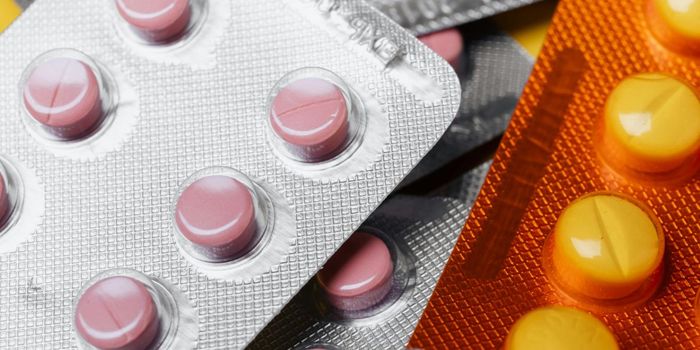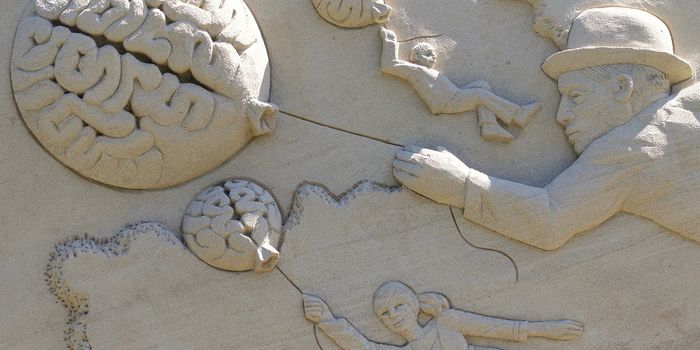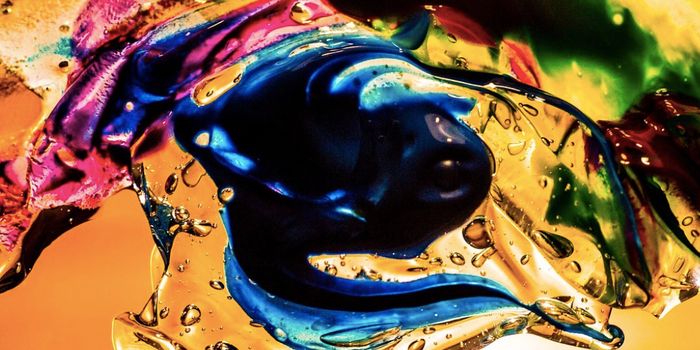While caffeine is a stimulant and alcohol is a CNS depressant, when the two substances are combined, they don’t cancel each other out. It’s actually quite the opposite. Combining large amounts of caffeine with alcoholic spirits results in brain changes that mimic those that happen in the brains of cocaine users. A new study from Purdue University shows specific brain changes in mouse models and could sound the alarm on combing highly caffeinated energy drinks, like Red Bull, with spirits that have a high percentage of alcohol by volume. These brain changes are especially noticeable in the adolescent brain and the research suggests that the damage could persist into adulthood.

Purdue assistant professor of medicinal chemistry and molecular pharmacology Richard van Rijn ran the new study that examined changes in the brains of adolescent mice exposed to caffeine rich energy drinks and alcohol. Obviously, for ethical reasons, experiments such as this could not be conducted on human adolescents, but the mouse brain has been shown to have much in common with the human brain in terms of how it reacts to certain drugs and substances.
Adolescent use of energy drinks has been studied before. The drinks routinely contain much more caffeine than sodas or coffee and are heavily marketed to younger people. Studies on the connection to energy drink consumption and
traumatic brain injuries and
cardiovascular health have sought to understand more about how these drinks impact young adults and adolescents. Van Rijn and Purdue graduate student Meridith Robins published earlier research in the journal Alcohol in May of 2016 examining the relationship of energy drink consumption to adult use of alcohol. While that study found no relationship to increased use of alcohol and adolescent consumption of energy drinks, the most recent research on the combination of alcohol and energy drinks in adolescents did show that physical and neurochemical changes in the brain happened after consumption and these indicators were quite similar to what happens in the brain after using cocaine. This recent research was published in the journal PLOS ONE.
In a press release about the study Dr. Van Rijn stated, "It seems the two substances together push them over a limit that causes changes in their behavior and changes the neurochemistry in their brains. We're clearly seeing effects of the combined drinks that we would not see if drinking one or the other." In the study, not only did the mice who were exposed to caffeine and alcohol more active, the team also detected chemical changes. Increased levels of the protein ΔFosB were detected in the mice. This is significant because higher levels of this protein are routinely seen in drug users who are addicted to cocaine or morphine. Van Rijn explained that it is this kind of brain chemistry that makes it difficult for addicts to recover from their dependence. No amount of willpower can completely negate actual brain chemistry.
The mice in the study who were exposed to the combination of caffeine and alcohol as adolescents, showed a “numbed sense of reward” as adults. For mice, a treat of a food morsel sweetened with saccharine is often used in training them for certain studies. The mice in the Purdue study were so affected by the use of caffeine and alcohol that they needed much higher levels of saccharine to trigger the reward reaction than the control mice who had no exposure. The researchers concluded that this must be related to the changes in the brain that occurred from the exposure to caffeine and alcohol earlier in their lives. Check out the video below to hear more about the study.
Sources:
Purdue University,
Journal Alcohol,
PLOS ONE










